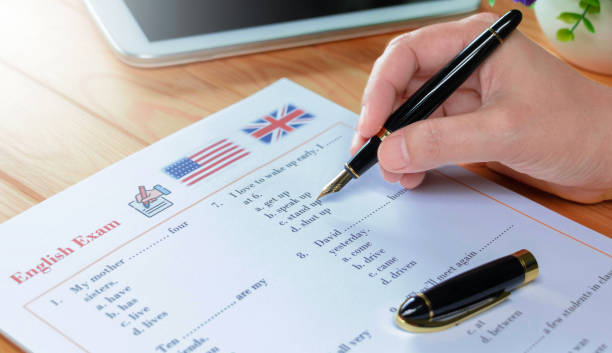The visa process in Australia is a well-defined and structured system that regulates the entry, stay, and activities of foreign nationals in the country.
Whether you are planning to visit Australia as a tourist, study at an Australian educational institution, work temporarily, or migrate permanently, understanding the visa process is crucial. In this article, we will delve into the key aspects of the Australian visa process.
Australia offers a wide range of visa options to cater to different purposes and circumstances. The first step is to determine the type of visa that aligns with your intentions. For instance, if you plan to visit Australia for tourism or to see family and friends, you may need a Visitor visa. On the other hand, if you wish to study in Australia, a Student visa will be necessary. For employment purposes, there are several work visa categories, such as the Temporary Skill Shortage visa and the Working Holiday visa. For those considering permanent migration, the Skilled Independent visa and the Employer Nomination Scheme visa are among the options available.
For Information: (https://worldclassconsultants.com.au/)
Once you have identified the appropriate visa type, it’s essential to familiarize yourself with the specific requirements and eligibility criteria. Each visa has its own set of prerequisites, which may include factors such as age, qualifications, work experience, language proficiency, health, and character. It is crucial to thoroughly understand these requirements and gather the necessary supporting documents to strengthen your visa application.
The visa application process for Australia generally involves completing an online application form and paying the applicable visa application charge. Depending on the visa category, you may also need to undergo medical examinations and obtain police clearances for the health and character assessment. It is important to ensure that all information provided in the application is accurate and up to date. Any discrepancies or incomplete information can lead to delays or even visa refusals.
After you submit your application, it will undergo an assessment by the Department of Home Affairs. The processing times can differ based on various factors, including the visa type, the complexity of the case, and the overall number of applications being handled. To get an idea of the expected duration, it is recommended to refer to the Department’s website and review the current processing times.
Throughout the assessment process, the Department may require supplementary information or documents to validate the authenticity of your application. It is crucial to respond to these requests to prevent any additional delays promptly. In certain situations, as part of the assessment, you may be asked to participate in an interview or a personal consultation.
Upon a favorable decision on the visa application, you will be notified, and if applicable, the visa grant letter will be issued. It is essential to carefully review the visa grant letter to understand the conditions attached to your visa. These conditions may include restrictions on work, study, or travel, and it is crucial to comply with them to maintain lawful status in Australia.
Summary
The visa process in Australia is a well-structured and comprehensive system that caters to various purposes and circumstances. Understanding the visa requirements, eligibility criteria, and application process is crucial to ensure a smooth and successful visa application. It is important to seek accurate and up-to-date information from official sources, such as the Department of Home Affairs, and to follow the guidelines and instructions provided. By doing so, you can navigate the visa process effectively and confidently embark on your journey to Australia.



